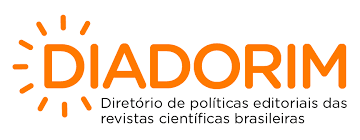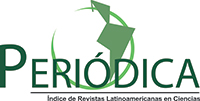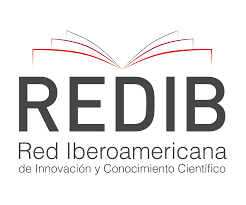NUTRITIONAL STATUS OF DIABETIC PATIENTS ASSISTED AT A PRIMARY CARE UNIT IN THE CITY OF CAMPINAS/SAO PAULO-BRAZIL
DOI:
https://doi.org/10.5380/ce.v13i2.12484Keywords:
Estado nutricional, Diabetes Mellitus=pt, Nutritional status, Diabetes Mellitus=en, Diabetes Mellitus=esAbstract
ABSTRACT: The study objectifies to evaluate body composition and biochemical profile of diabetic subjects. 105 patients
participated, anthropometric measures, evaluation of body composition by bioelectrical impedance and biochemical tests
were carried out. 70% of the patients reported being diagnosed at least 5 years ago; 43.3% were obese (BMI=30) and
women presented higher values for BMI (30.65±4.45 Kg/m2 vs 28.04±5.21 Kg/m2) and percentual body fat (38.19±4.49% vs
29.91±4.65%) than men. Average values of glycemia, HbA1c and total cholesterol were above reference values for both
sexes. Results suggest the need for qualification and intervention development in the secondary prevention scope in
order to reduce complications and problems related to diabetes, thus improving quality of life for those patients.
Downloads
Published
How to Cite
Issue
Section
License
Cogitare Enfermagem reserves the right to make normative, orthographic, and grammatical changes to the published article to maintain the cultured standard of the language, while respecting the authors' style.
The published study is the sole responsibility of the author(s), and Cogitare Enfermagem is exclusively responsible for evaluating the manuscript as a scientific publication vehicle. Revista Cogitare Enfermagem is not responsible for any violations of Law No. 9,610/1998, the Brazilian Copyright Law.
Cogitare Enfermagem allows the author to hold the copyright of articles accepted for publication, without restrictions.
The articles published are licensed under the Creative Commons license CC BY 4.0 Creative Commons - Attribution 4.0 International - CC BY 4.0 - The attribution adopted by Cogitare Enfermagem is permitted:
- Share - copy and redistribute the material in any media or format.
- Adapt - remix, transform and build upon the material for any purpose, even commercially.
- Attribution - You must give proper credit, provide a link to the license, and indicate if changes have been made. You may do this in any reasonable way, but not in a way that suggests that the licensor endorses it or approves of its use.
- No additional restrictions - You may not apply legal terms or technological measures that legally restrict others from doing something that the license allows.





















